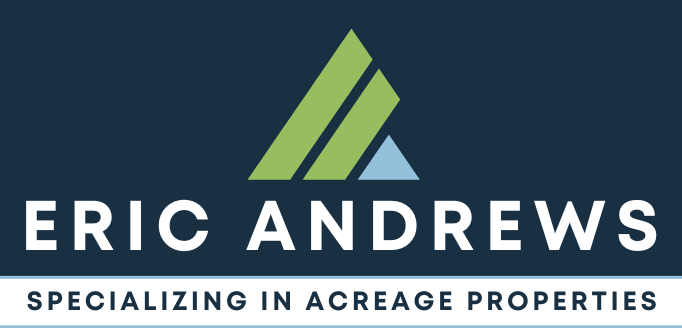While Real Estate Agents are not CPAs, they should be familiar with the tax implications when selling real estate. In this video, Eric discusses some tax scenarios around selling.
Speaker 1: What should your realtor know about the tax code?
Speaker 2: They should know something. I’m not a CPA, but I’m familiar with a lot of the tax implications when it comes to selling real estate. So you should definitely utilize a broker that knows something about taxes. I mean, if you ask me, “Eric, what’s going to happen to me here?” I’m going to always preface it with, “I’m not a CPA.” But if somebody goes, “Oh, I don’t know anything about that.” That’s a little scary. I mean, we’re dealing with money. When you deal with money, you should know something about taxes. Especially with land too. Land has different issues.
So one of the big things is you have to know your basis. You inherited it from mom and daddy, or this is how much you paid for it. And then you sell it. Well at the time that you came into possession of it, that’s your basis.
And you think it would be real sweet and simple or whatever. So passed away. We got the land in 1993, it was worth 200,000. We’re selling it for a million now. Our basis was 200,000 taxable income is 800,000. But it can get a little complicated. So there are situations where dad passes away in 1993, we get half interest. Then mom passes away in 2018 and we get the remaining interest. So you have a half interest from 93 that we have to calculate, go through time. And then we have to do another basis from when mom passed away. So it can get a little complicated. But as an ALC, we’re authorized by the IRS to give you that basis. We have the ability to go back in time and figure out what it was worth when you came into possession of it. So that’s really important.
The other thing that your real estate agent should know about is the 1031 program, the tax affirmant. So you have a piece of land that you have a $200,000 basis. You sell for a million dollars, $800,000 gain. You can reinvest some or all of that money to avoid the tax now and buy another piece of property and not have to pay income tax or capital gains on that appreciation. But you have to buy another piece of property. Everybody tries to buy the conduit at the beach. You can’t do that. You can do that, but it has to be a rental or you want to buy something up in the mountains. You can do it. You can only stay in it 10 days a year. So it’s not a program for that second home.
It’s called a like-kind exchange. You’re selling an investment property to buy an investment property. And then you should have somebody that’s aware enough in the market or what’s going on is a 1031 worth a TI. I have so many people that are so anti-tax. I don’t like taxes. I especially don’t like taxes this week. Because I found out what I have to pay. But there are some people that so hate the tax that they’re automatically going to buy something in the 1031 so they don’t have to pay the tax. But prices are really, really high right now. So, if you sell something and you have $500,000 gained, and so you go out there and you buy a $300,000 piece of property for $500,000, well, congratulations, you didn’t pay a tax. But you haven’t accumulated any wealth. You haven’t done anything because you overpaid for the property. So it’s not… I mean, people get really, really mad when I say this, but it’s not always a bad thing to pay a tax.
And the capital gains, it could be as little as 15%, it could be as high as 37% if you own it less than a year, and it’s a quick flip or whatever. Uncle Sam can get you. But I did have an account with a friend of mine, say, “Oh my gosh, I can’t believe I’m going to have to pay 30% on this.” And he goes, “I will give you 30 cents on every single dollar you give me.” He had no problem with it. Because I mean, it’s hard to pay the tax, but if it’s a gain, it’s a gain. So bottom line is, especially if you’re doing a land transaction, you should use a real estate broker that has some kind of knowledge of the tax code-





